The great dagga debate
Many young people in Namibia smoke marijuana, so it is not surprising that a recent South African Constitutional Court ruling that legalised home-use in the neighbouring country, has tongues wagging here as well.
Elizabeth JosephWith the legalisation of cannabis for home-use in South Africa, many young Namibians, who have over the years smoked marijuana, have mistakenly seen this as a sign that they are allowed to indulge.
Much research has been done to try and find out what the possible factors may be when it comes to smoking cannabis.
According to a local dagga dealer, who unsurprisingly chose to remain anonymous, said he has clients of all races and backgrounds.
“I have served almost any race, so there are really no restrictions,” he says.
According to an article posted on AFKinsider, tolerance for marijuana smoking in Africa is rated from one, which is having no tolerance to the practice, to ten, which is seen as it being 'legal'.
Namibia ranks eight out of ten, indicating that local smokers view dagga as either legal or innocent fun.
To back up these statistics, the 2014 European School Survey Project on Alcohol and Other Drugs revealed that 80% of 14 to 15-year-old schoolgoing Namibian children consume alcohol.
The programme manager for alcohol and drugs in the health ministry said at the time that “many learners are aware of drugs and know somebody who is using drugs, but a low percentage of learners are using drugs”.
It is evident that there is not enough data on the abuse of alcohol and drugs among local youth, and understanding why they take the drugs, is critical to effective anti-drug policies.
When it comes to marijuana, a survey based on the voluntary opinions of students is not good enough. Each and every school in Namibia should have the legal and constitutional right to carry out a drug test, whenever suspicion is aroused that students are under the influence.
All schools should adopt, strengthen or develop their own drug policies, but children should not be expelled immediately.
As reported in the survey, 80% of teenagers consume alcohol, and research shows that alcohol and nicotine consumption later translates into cannabis use.
When people advocate for the legalisation or decriminalisation of marijuana for its medicinal and industrial potential, they often forget about unintended consequences, such as early exposure and abuse by children, which often results in other destructive substance abuse and habits.
Along with the concerted efforts to arrest suppliers and dealers, it is essential to also target smokers.
This means influencing the market and those with buying power. As long as there are marijuana smokers, there will always be dealers, because of the profit-making potential.
Authorities mostly blame foreigners for the import and sale of cannabis, and while arresting prominent drug dealers is important, they are easily granted bail.
Because of this impunity, young people also become drug dealers and sell to others.
Their selling networks include school premises.
Legalisation in Namibia
So how far away from being legalised in Namibia?
We know that South Africa is the trendsetter, so how will its decision to legalise home-use affect Namibian millennials?
According to a local clinical psychologist, who also wishes to remain anonymous, marijuana addiction usually affects people you least expect.
“The worse cases of the addiction unfortunately involves young people. Like other addictions (pornography, gambling and alcohol etc.), it tricks its victims into believing they can control their intake,” she says.
Some say they do not see dagga as a hard drug, because it calms you and helps you sleep.
Among them is Frieda (not her real name), who says she smokes to help her sleep better.
According to the psychologist, when someone has a cannabis addiction, this is not their only addiction, as they have problems with other types of substances as well.
The product
Marijuana plants produce chemical compounds called cannabinoids. The ones that get the most attention are delta-9-tetrahydrocannabinol (THC) and cannabidiol (CBD).
“THC is the most psychoactive compound,” says Thorsten Rudroff, an assistant professor at Colorado State University, who studies cannabis use in patients with multiple sclerosis. “So when you smoke cannabis, THC gives you the high feeling. The more THC you have, the more powerful the high.”
According to a local dealer, the most popular and best buy is the 'high-grade skunk' and 'the indoor kush'.
He says he sells bags or 'bankies' at N$20, N$50 and N$100 each. He says he sells up to 1 300 bags of a N$100 each a year.
Some people lace or 'sout' their 'spliff' to get a more desired high, but people who have been smoking for five years or more say they prefer smoking it clean, without any additives.
“Adding things to it takes away from its purest form, so hold the 'sout',” said an anonymous smoker.
The dealer says he only sells to individuals above the age of 18, but how many other dealers choose their clientele differently?
“When it comes to the distribution of the product, we usually do drop-offs. If the client, however, has a car and is mobile, they usually pick up their purchase themselves.
“Middle-class suburbs buy in large quantities and are also more organised in terms of meeting locations, for safety reasons,” he added.
Domestic turmoil
Many, if not all parents, are also deeply affected by substance abuse.
“You don't ever stop hurting and praying for your child. Yes, there comes a time when you feel like a helpless bystander, but you keep the faith and you remain consistent in your support,” said a father, who just recently found out about his 15-year-old son's drug abuse.
According to users, 'space cookies' (dagga baked into cakes or treats) get you high, but the effects don't compare to the high you experience while smoking a joint.
The high also leaves faster, they say.
No matter how you see this drug, whether you are for or against it, the fact is that many have experienced it being a gateway drug to other substances, and it has become a plague in many neighbourhoods.



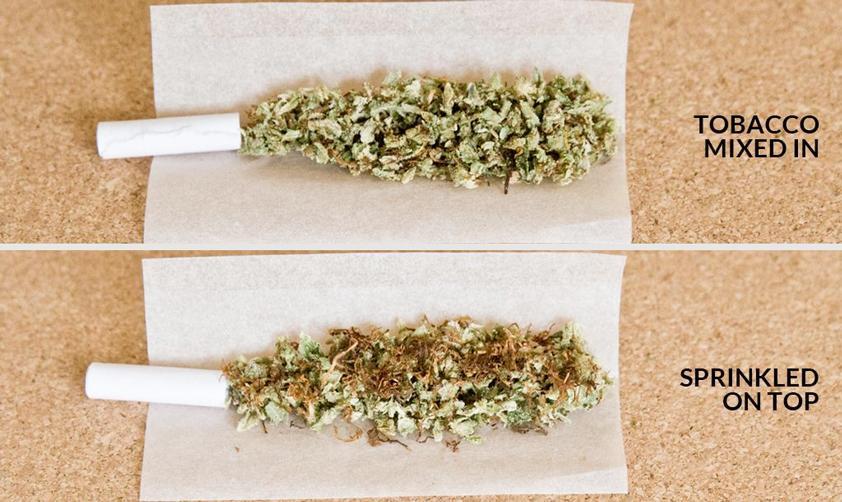
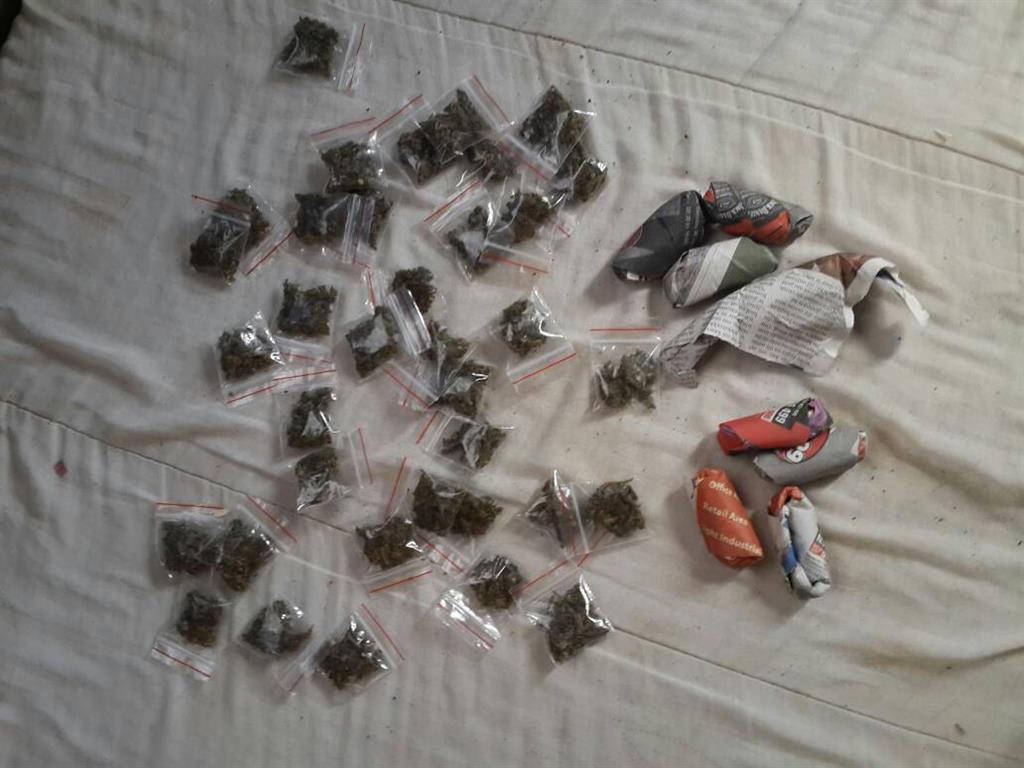
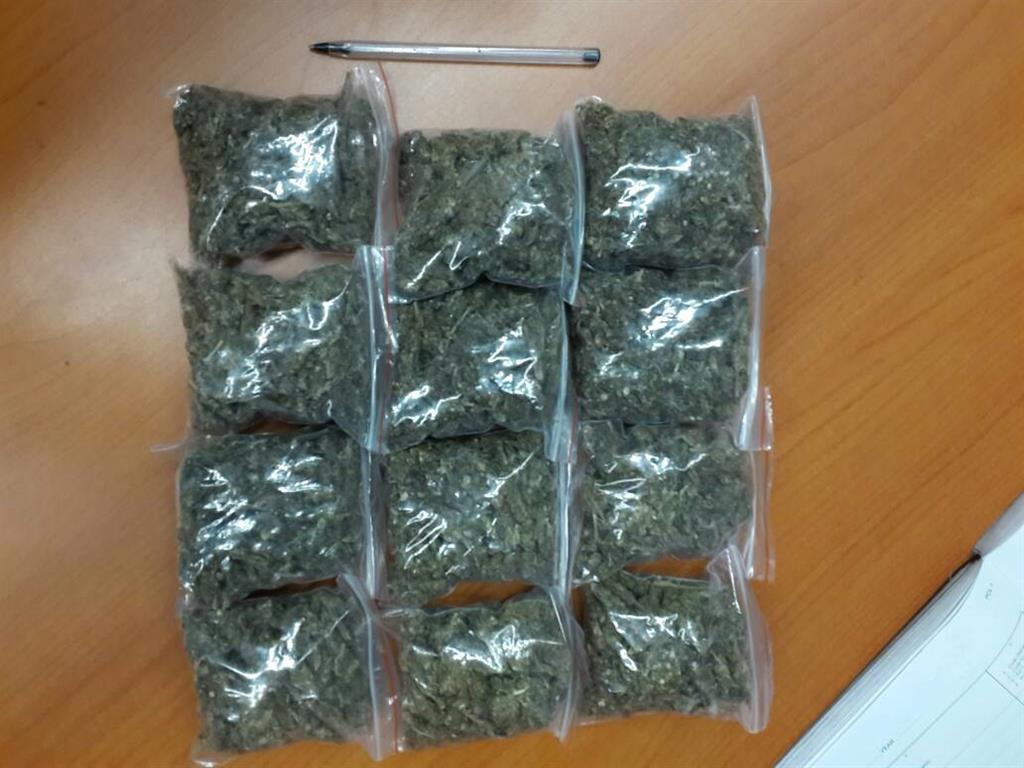
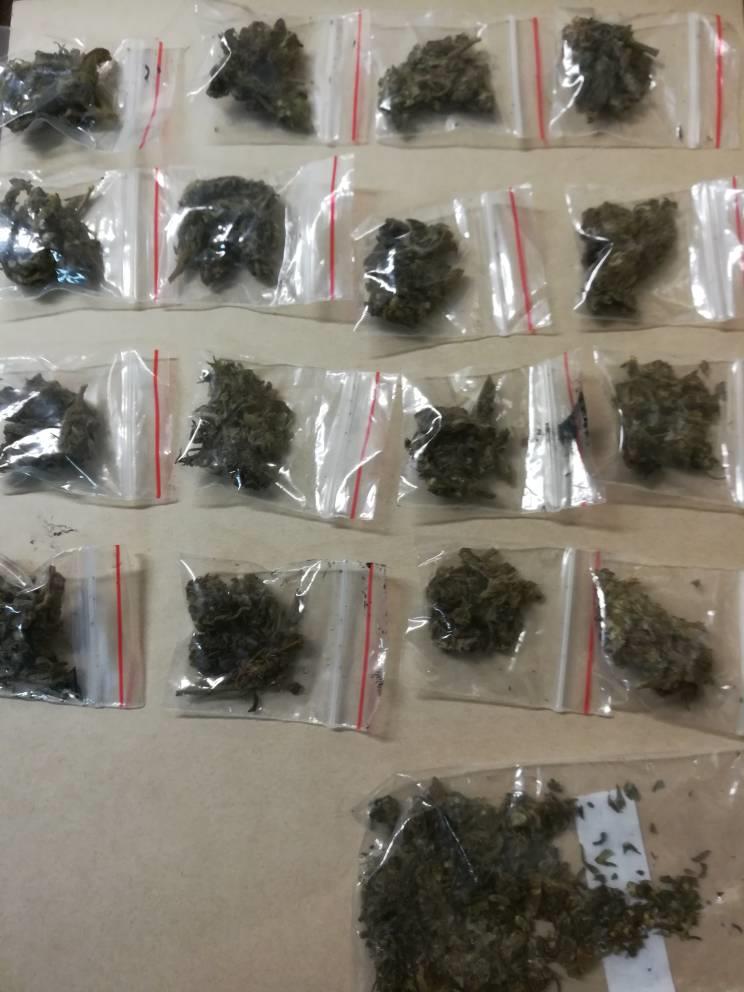
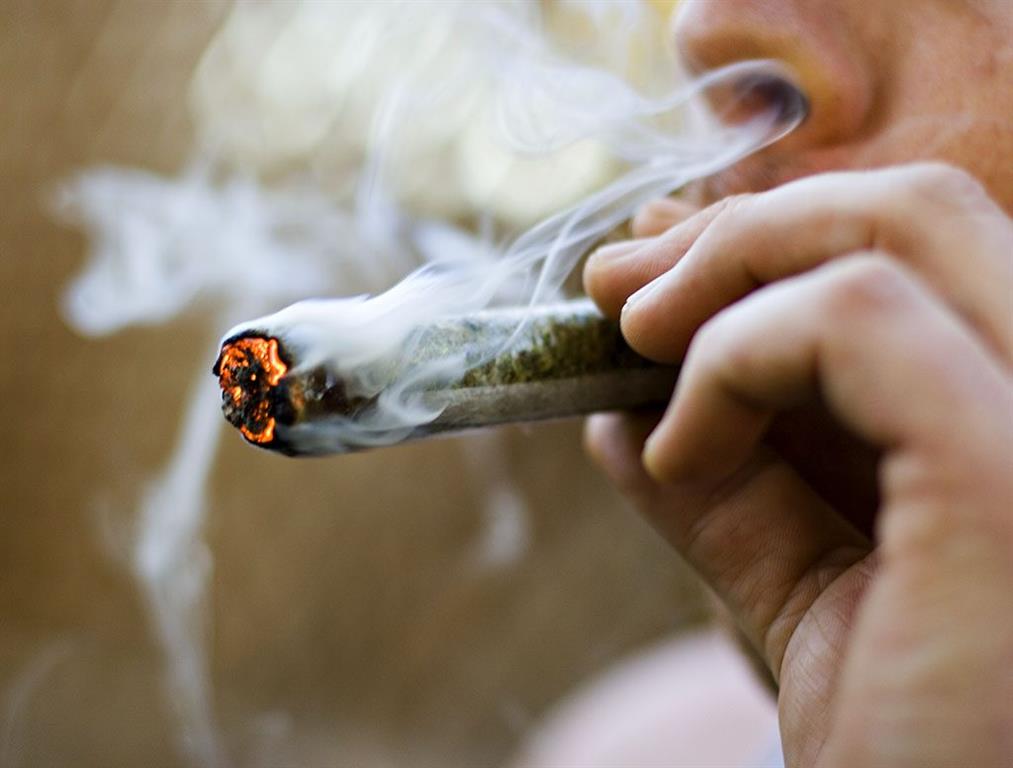



Comments
My Zone
No comments have been left on this article